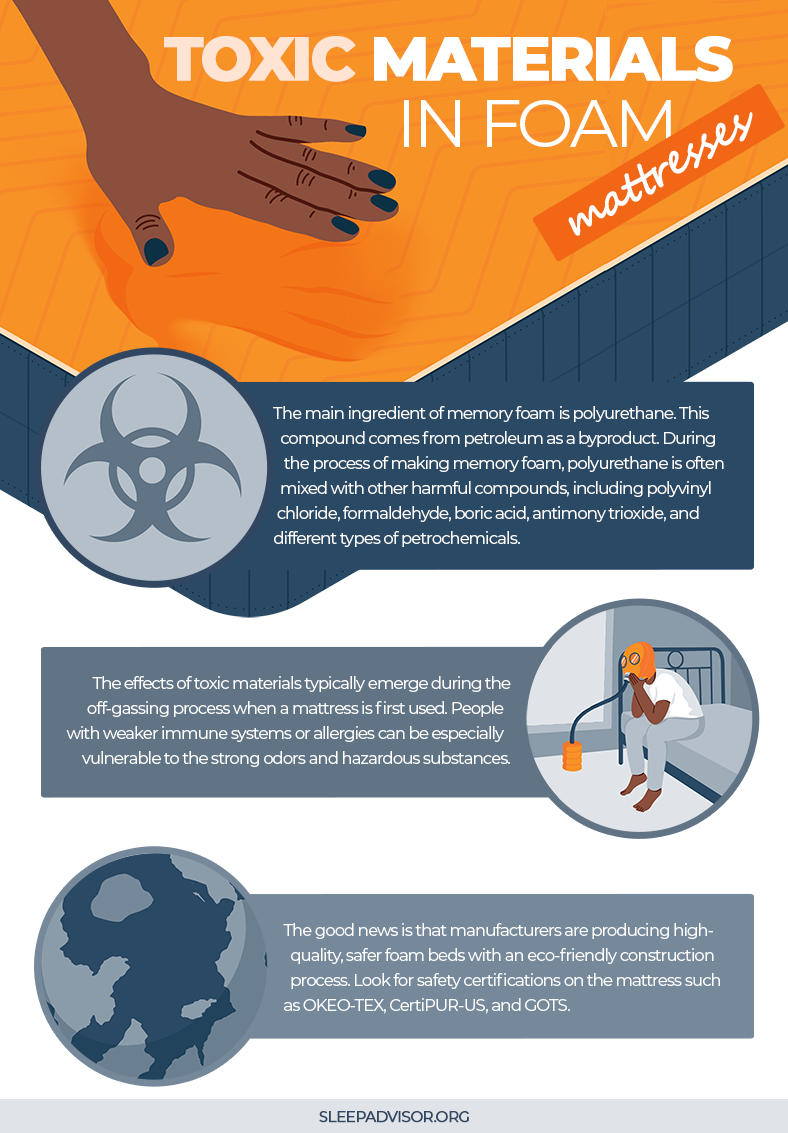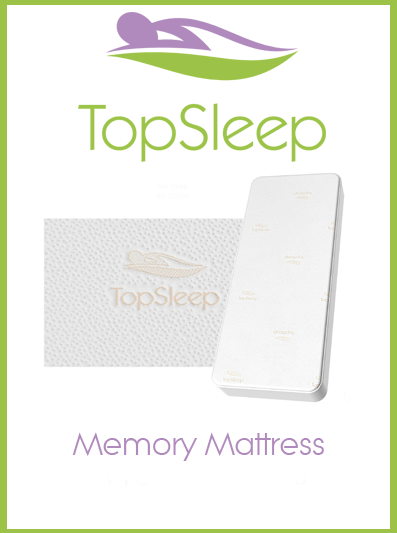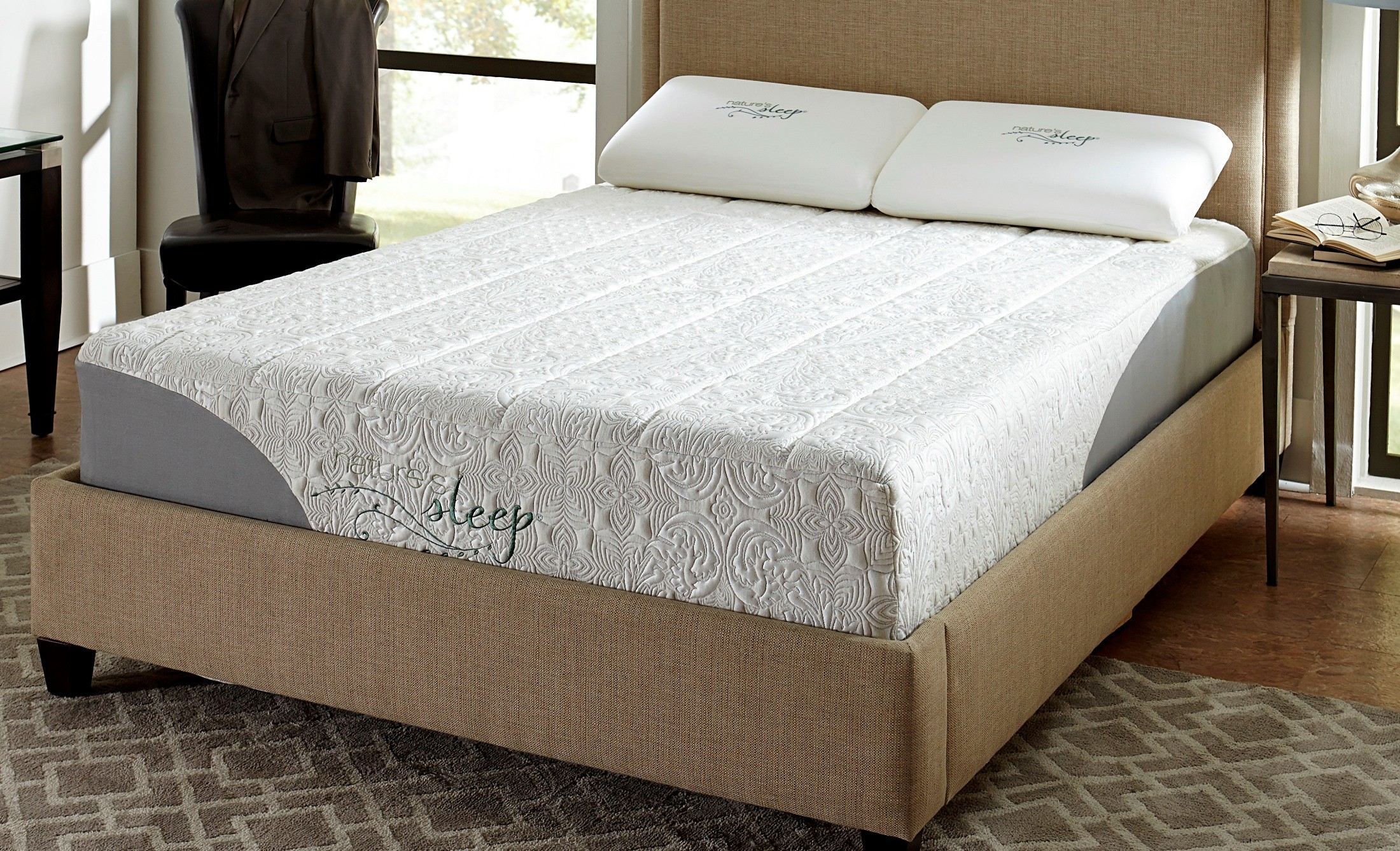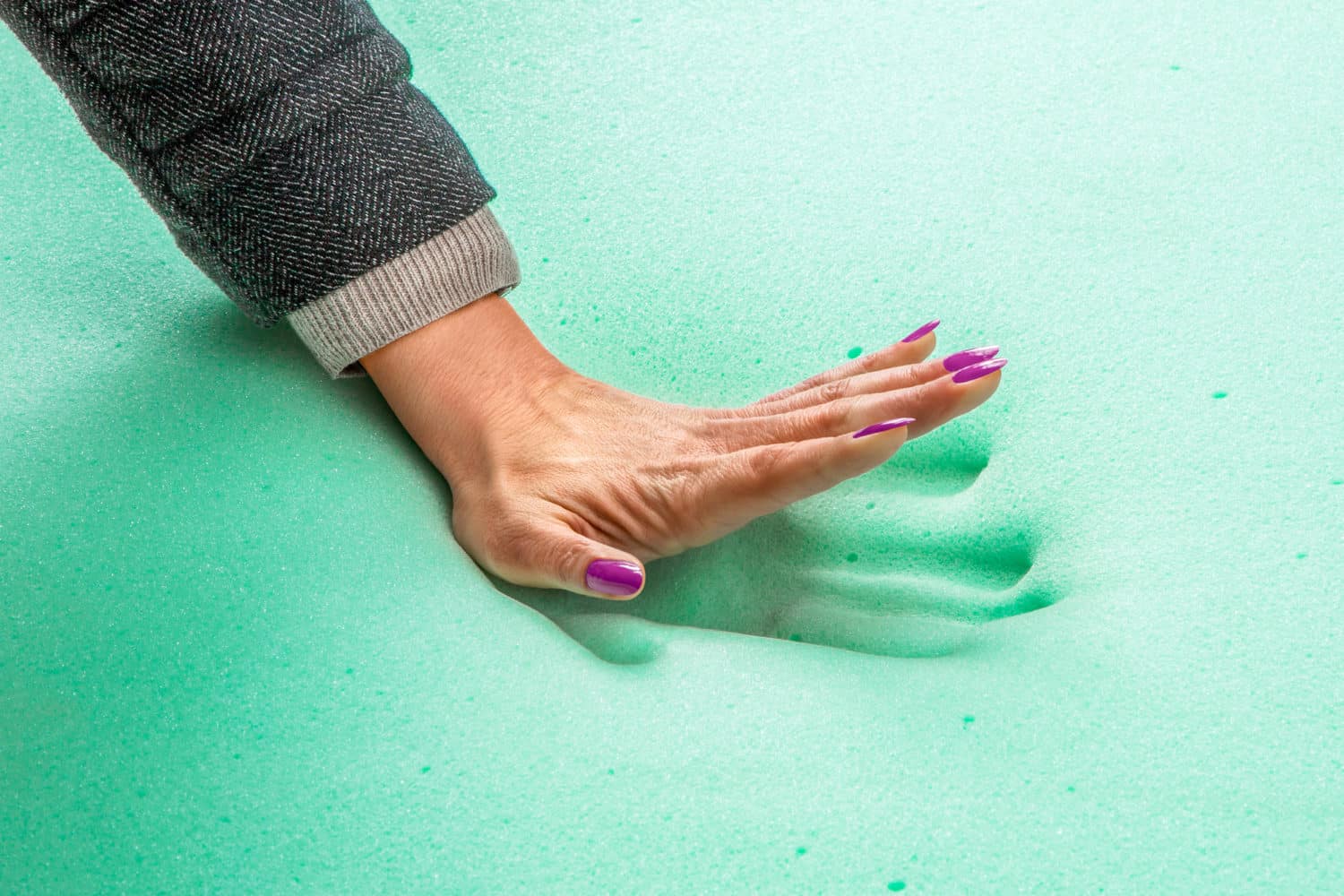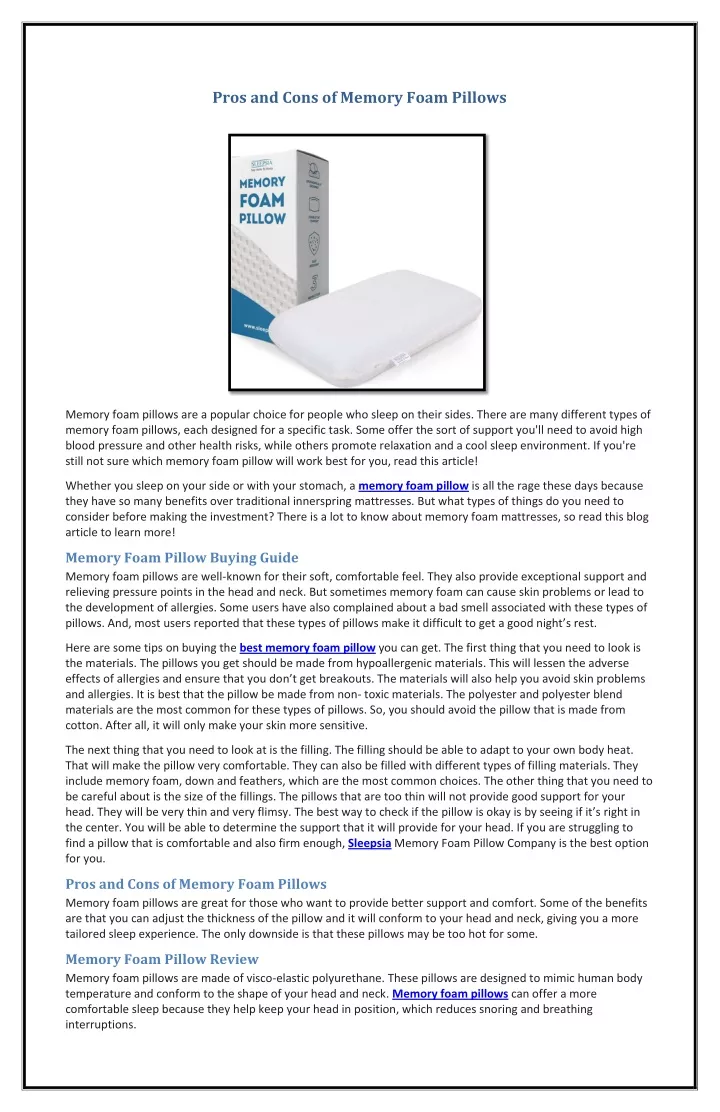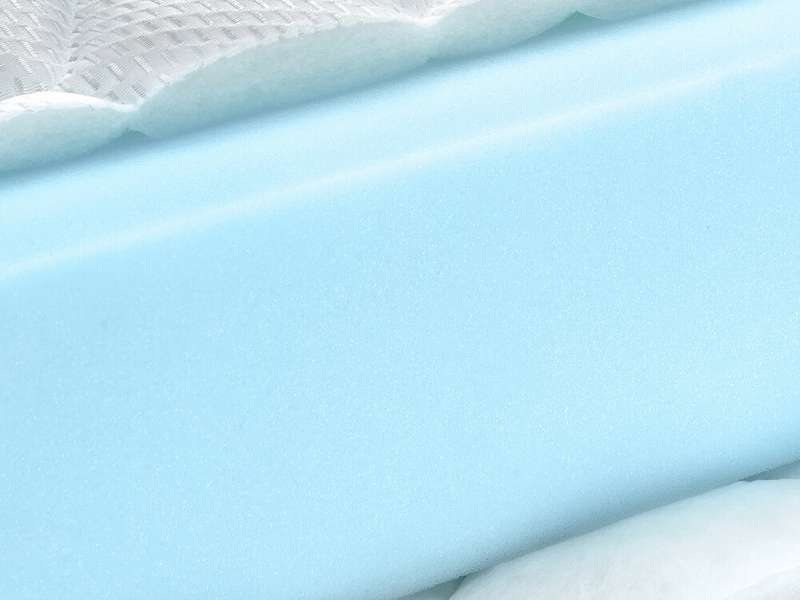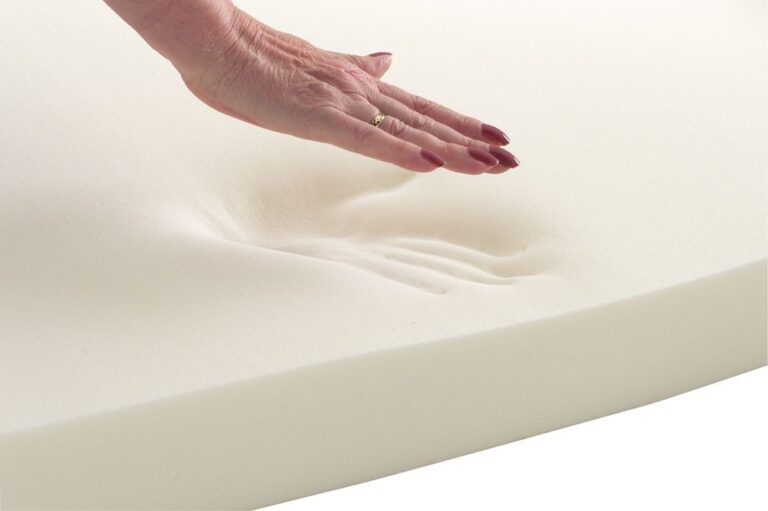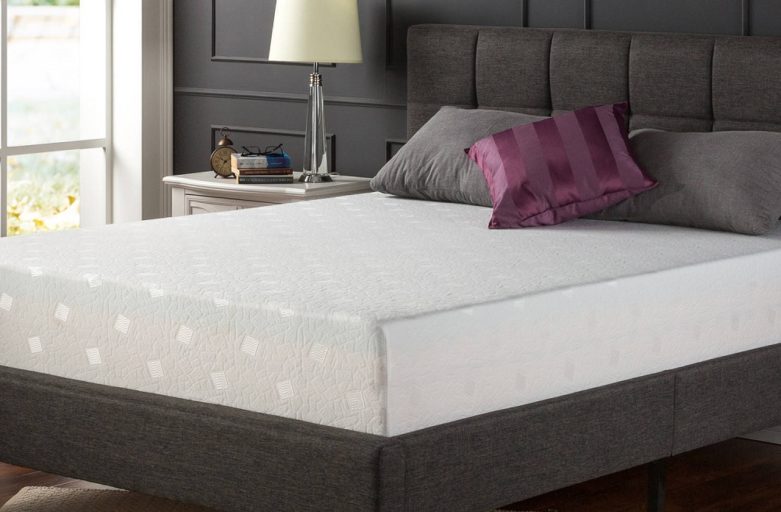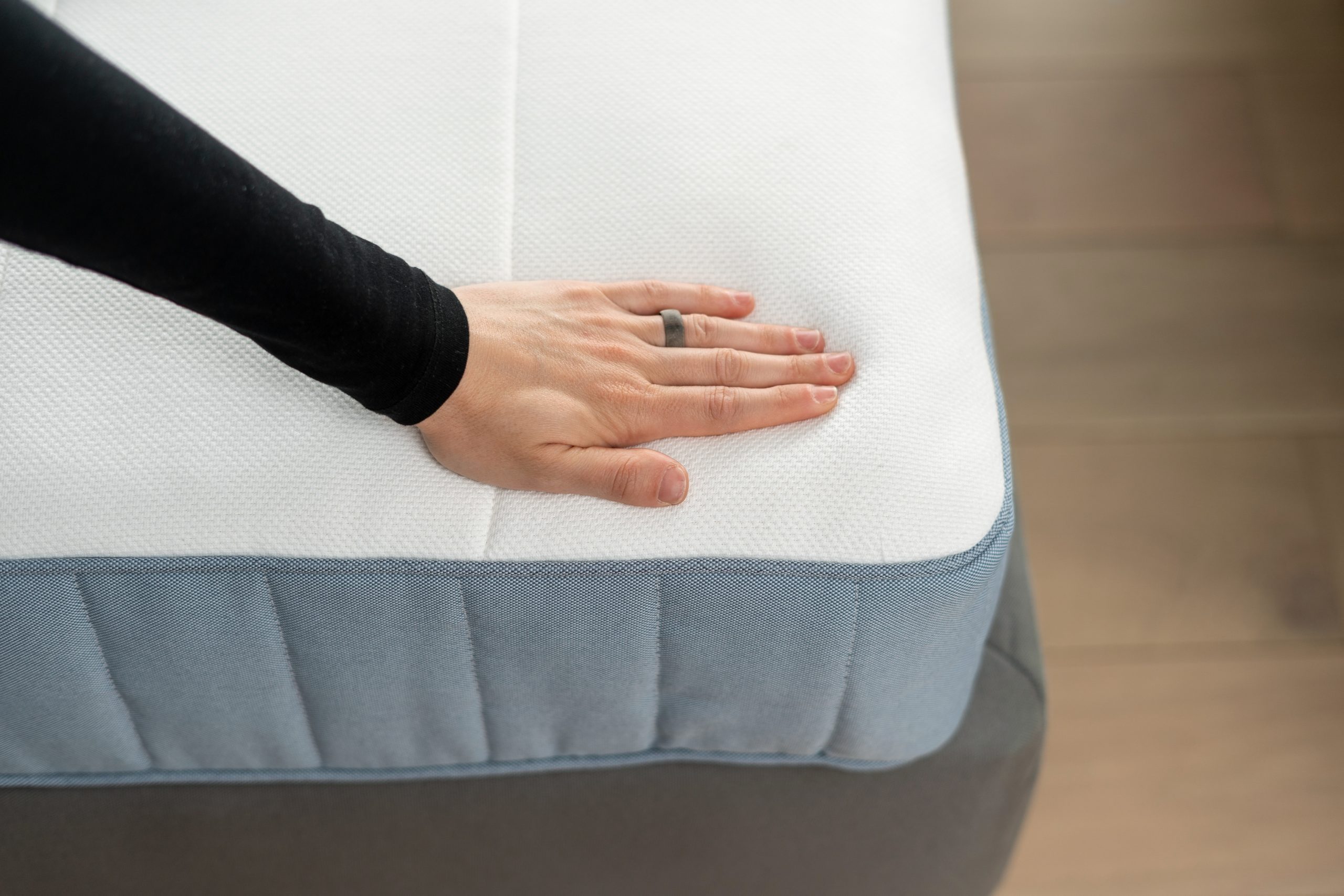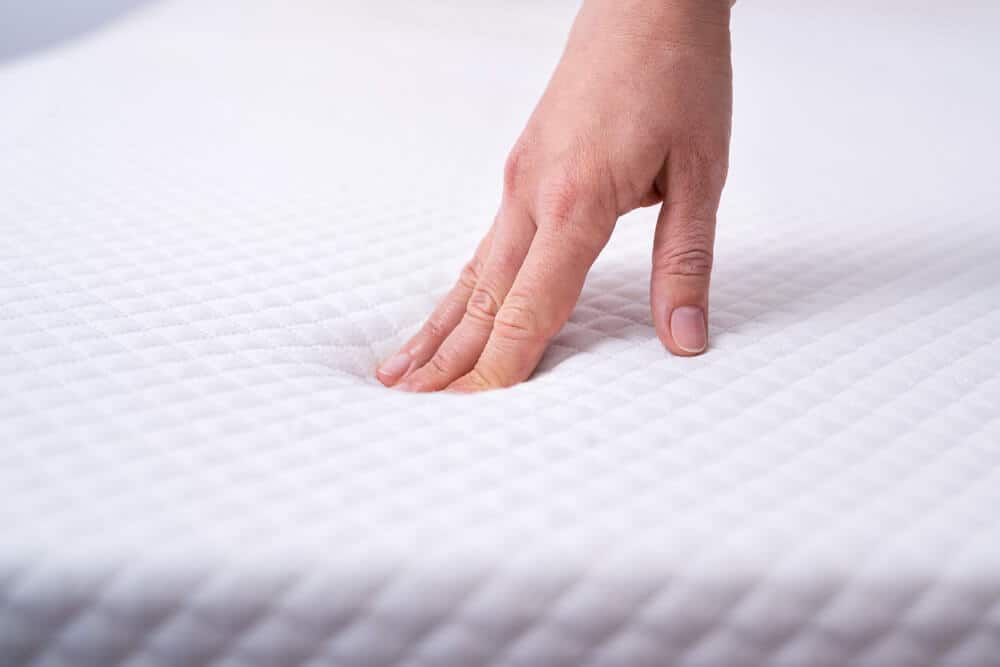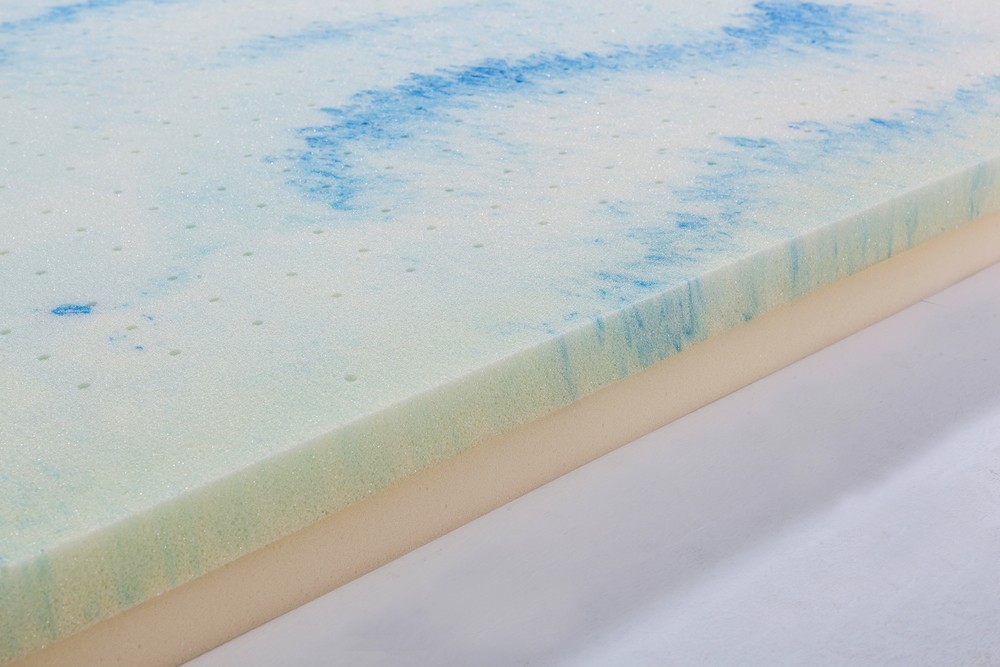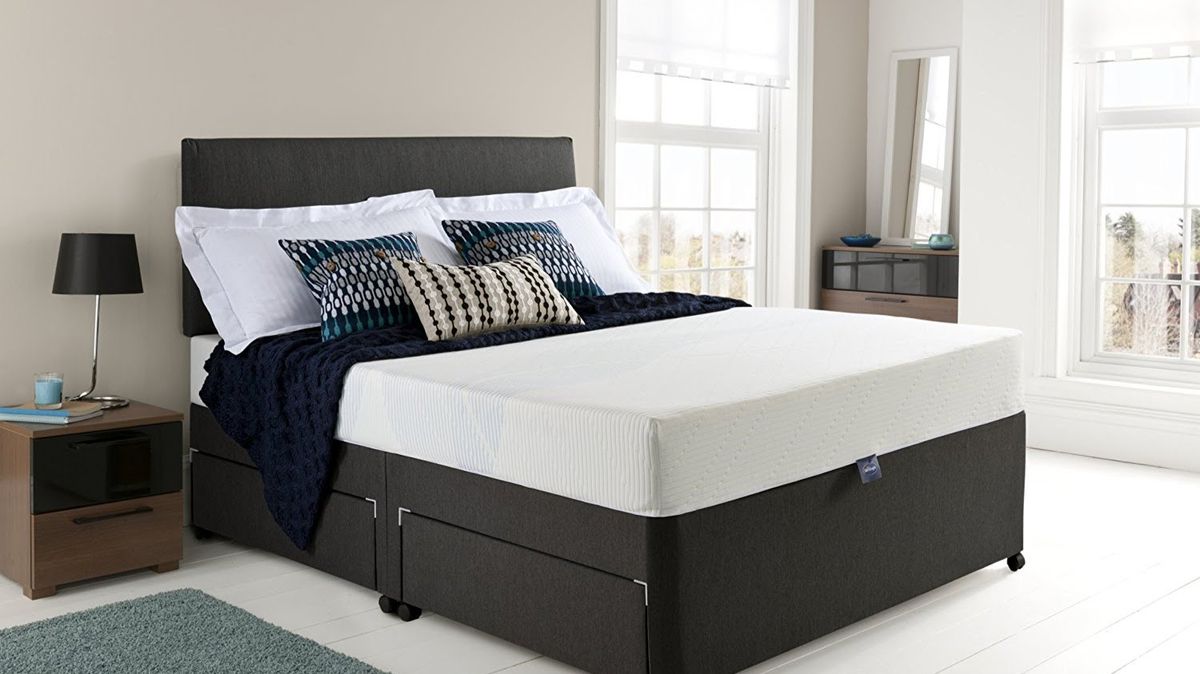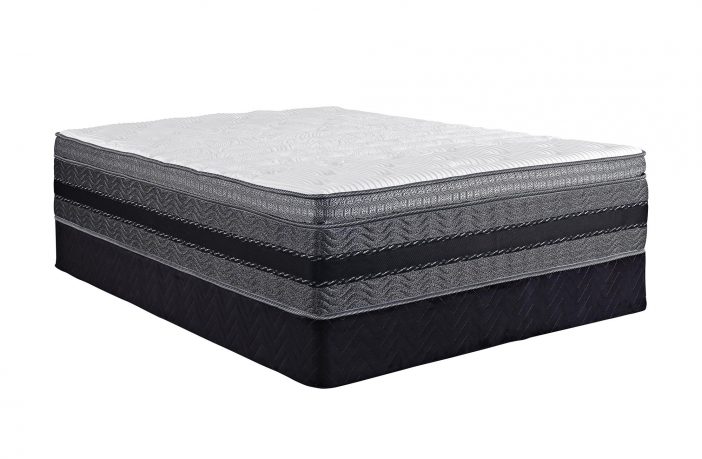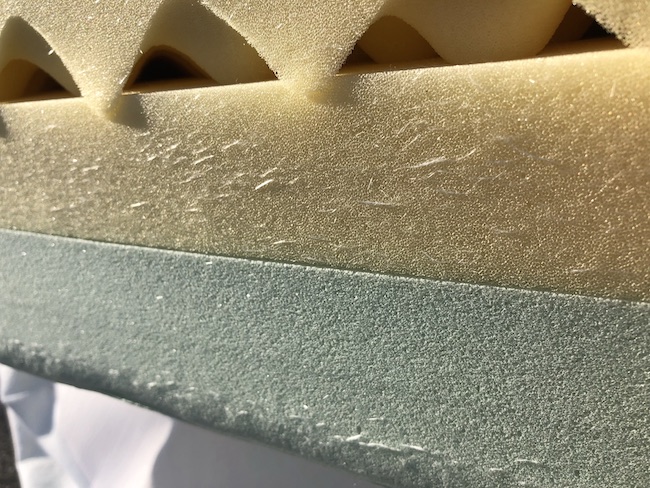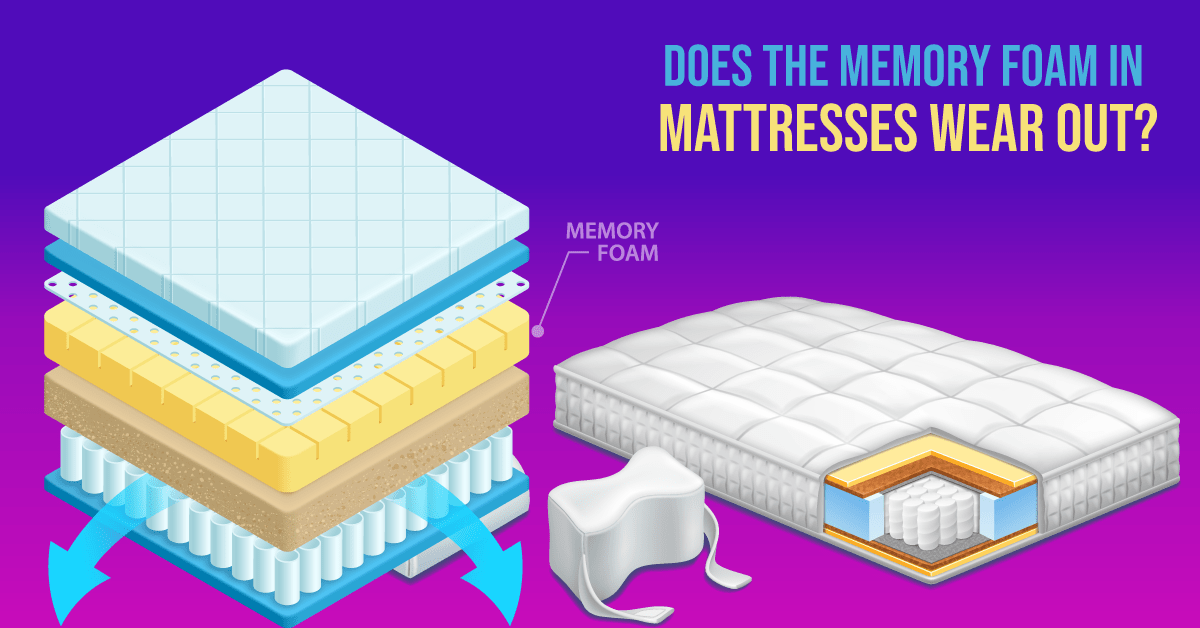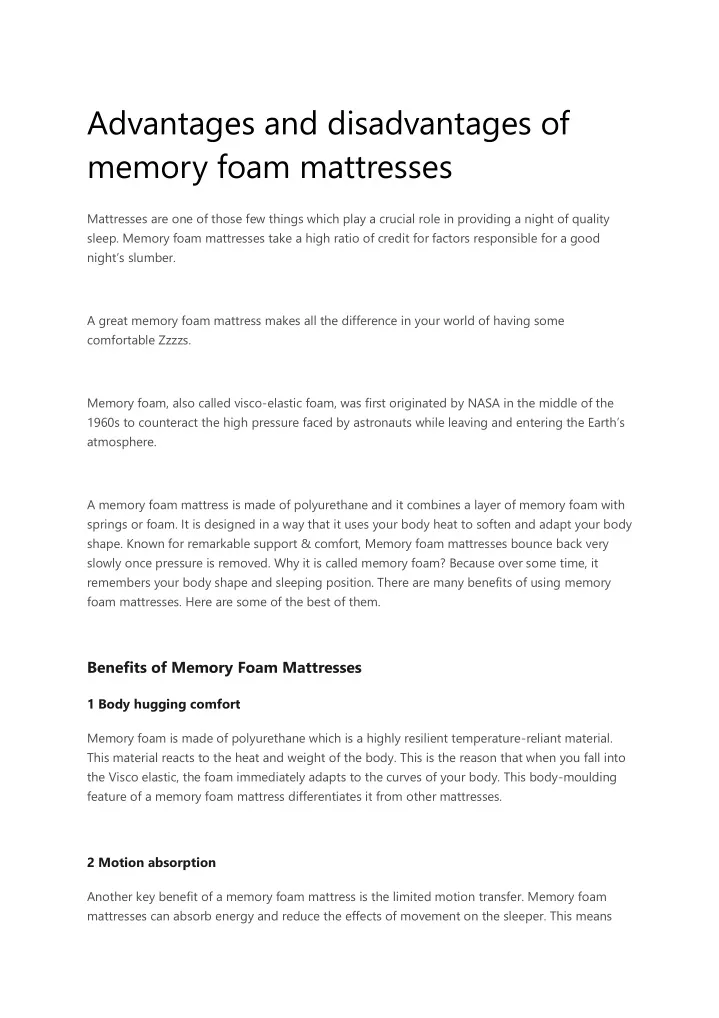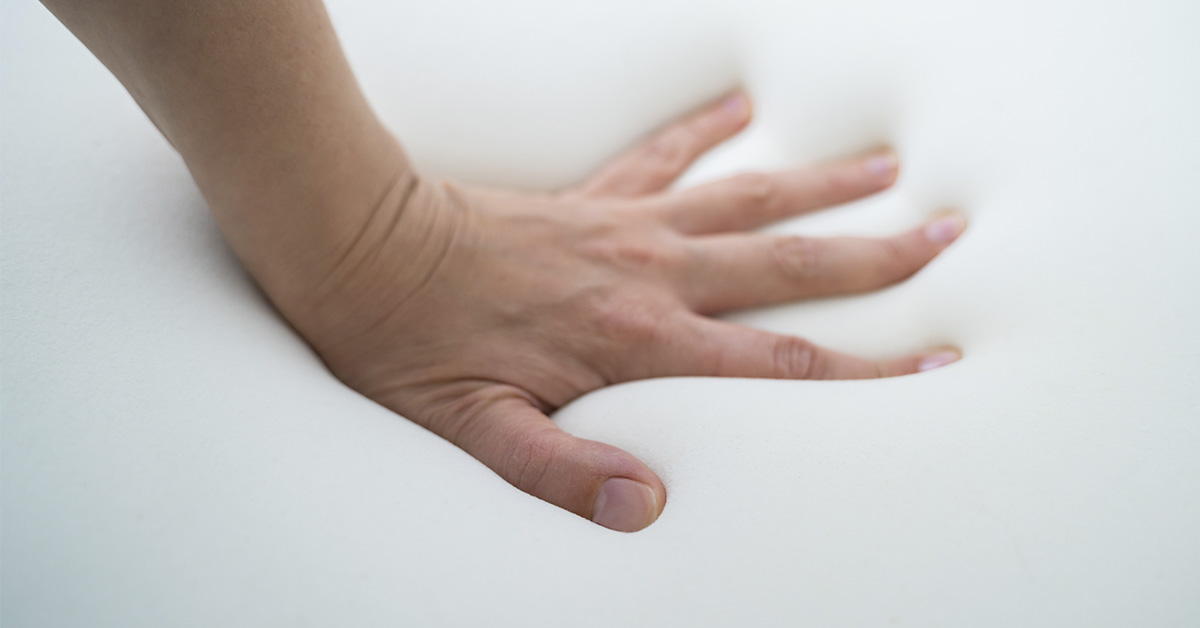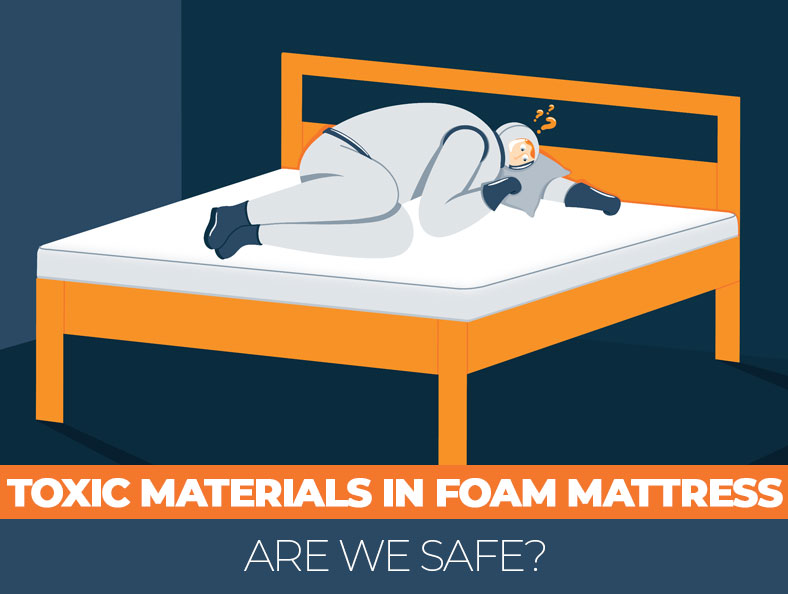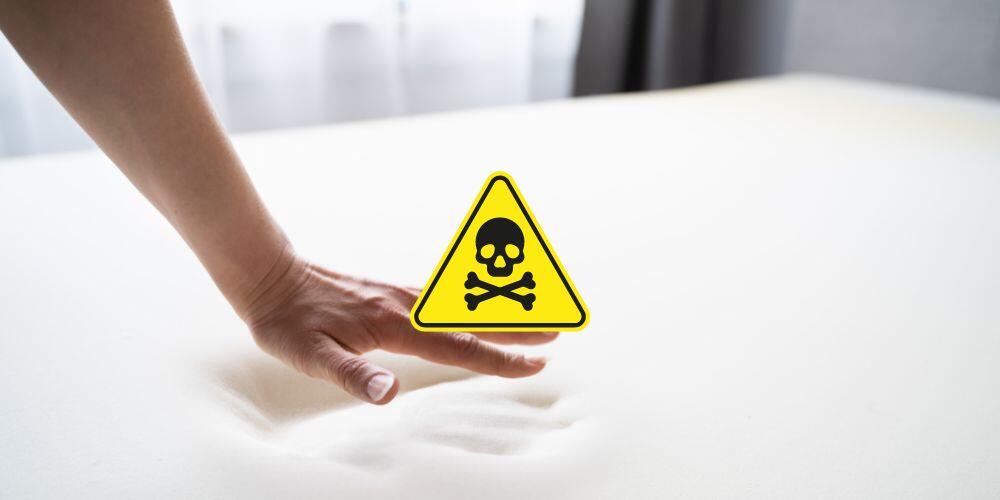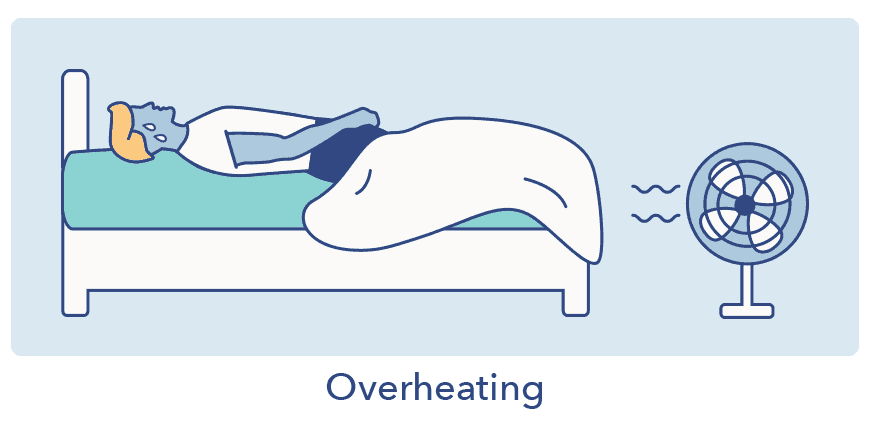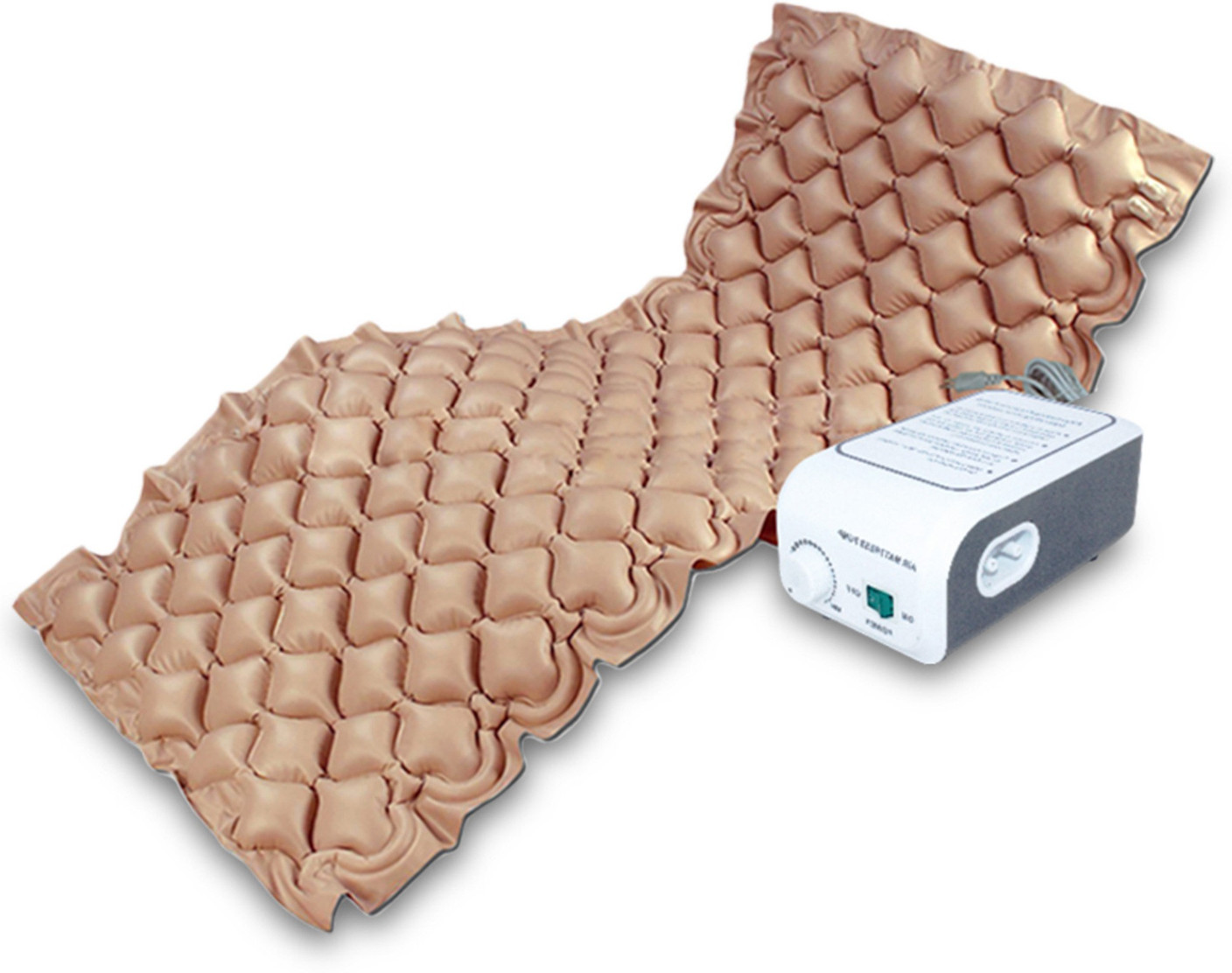Memory foam mattresses have become increasingly popular in recent years due to their ability to contour to the body and provide a comfortable sleeping experience. However, there has been some concern about the potential health risks associated with sleeping on a memory foam mattress. In this article, we will explore the truth behind these concerns and whether or not memory foam mattresses are actually dangerous for your health. Memory Foam Mattress Health Risks: Are They Dangerous?
Before delving into the potential health risks, it's important to understand the pros and cons of memory foam mattresses. On one hand, they offer excellent support and pressure relief, making them a great option for those with back or joint pain. They also have a longer lifespan compared to traditional mattresses. However, they also have some downsides. Memory foam mattresses can be quite expensive and have a tendency to retain heat, making them uncomfortable for hot sleepers. Additionally, some people may find the sinking feeling of memory foam to be uncomfortable. The Pros and Cons of Memory Foam Mattresses
The short answer is yes, memory foam is generally considered safe for use in mattresses. Most memory foam mattresses are CertiPUR-US certified, meaning they are made without harmful chemicals such as formaldehyde, PBDEs, and heavy metals. However, there are a few potential health risks to be aware of. Is Memory Foam Safe?
One of the main concerns about memory foam mattresses is their potential link to back pain. While memory foam can provide excellent support and pressure relief, it may not be suitable for everyone. Some people may find that the sinking feeling of memory foam causes their back pain to worsen. It's important to note that everyone's body is different, and what works for one person may not work for another. If you are experiencing back pain with your memory foam mattress, it may be worth trying a different type of mattress to see if it improves your symptoms. The Truth About Memory Foam Mattresses and Back Pain
Parents may be concerned about the safety of memory foam mattresses for their children. While memory foam mattresses are generally considered safe, there are a few factors to consider. Children's bodies are still developing, and they may require a firmer mattress for proper support. Additionally, some memory foam mattresses may emit a slight odor when first purchased, which may be a concern for parents. It's always a good idea to do your research and read reviews before purchasing a memory foam mattress for your child. If you have any concerns, you can also opt for a non-memory foam mattress or choose a memory foam mattress specifically designed for children. Memory Foam Mattresses: Are They Safe for Children?
While memory foam mattresses are generally considered safe, there are a few potential dangers to be aware of. The most common concern is the emission of volatile organic compounds (VOCs) from the foam, which can cause respiratory irritation and other health issues. To minimize this risk, it's important to choose a memory foam mattress from a reputable brand that is CertiPUR-US certified. You can also opt for a plant-based memory foam mattress, which emits lower levels of VOCs compared to traditional memory foam. The Dangers of Memory Foam Mattresses
For those with allergies, memory foam mattresses may seem like a great option. They are resistant to dust mites, which are a common trigger for allergies. However, some people may have a reaction to the materials used in memory foam mattresses, such as latex or certain chemicals. If you have allergies, it's best to do your research and choose a memory foam mattress that is specifically designed for people with allergies. You can also opt for a hypoallergenic mattress cover to provide an extra layer of protection. Memory Foam Mattresses and Allergies: What You Need to Know
As mentioned earlier, most memory foam mattresses are made without harmful chemicals. However, there have been some concerns about the use of flame retardants in memory foam mattresses. These chemicals have been linked to health issues such as cancer and reproductive problems. To minimize your exposure to these chemicals, look for memory foam mattresses made without flame retardants or opt for a natural or organic mattress. The Link Between Memory Foam Mattresses and Toxic Chemicals
One of the main reasons people choose memory foam mattresses is for the promise of a better night's sleep. While they can provide excellent support and pressure relief, some people may find that they actually worsen their sleep quality. This is often due to the sinking feeling of memory foam, which can make it difficult to move around and change positions. Additionally, the heat retention of memory foam can lead to discomfort and disrupted sleep for hot sleepers. Memory Foam Mattresses and Sleep Quality: What You Need to Know
As mentioned earlier, memory foam mattresses have a tendency to retain heat, which can be uncomfortable for some people. This is due to the close conforming of the foam, which can trap body heat and make you feel hot and sweaty while you sleep. If you tend to sleep hot, it's best to choose a memory foam mattress with cooling properties, such as gel-infused foam or a breathable cover. You can also opt for a hybrid mattress that combines memory foam with other materials that promote air circulation. In conclusion, while there are some potential health risks associated with memory foam mattresses, they are generally considered safe for use. It's important to do your research and choose a high-quality memory foam mattress from a reputable brand. If you have any concerns, consult with your doctor before making a purchase. With the right mattress, you can enjoy the benefits of memory foam without compromising your health. The Truth About Memory Foam Mattresses and Overheating
The Benefits of Memory Foam Mattresses

Is Memory Foam Mattress Bad for You? Debunking the Myths
 Memory foam mattresses have gained popularity in recent years, providing a comfortable and supportive sleep experience for many. However, there are still some concerns about their potential negative effects on our health. In this article, we will address the question: is memory foam mattress bad for you?
Myth 1: Memory Foam Mattresses Are Toxic
One of the main concerns about memory foam mattresses is the presence of chemicals and toxins that may be harmful to our health. However, the truth is that memory foam mattresses are made from polyurethane foam, which is considered safe by the Consumer Product Safety Commission. In fact, most memory foam mattresses are CertiPUR-US certified, meaning they are free from harmful chemicals such as formaldehyde, PBDEs, and heavy metals. So, you can rest assured that your memory foam mattress is not toxic.
Myth 2: Memory Foam Mattresses Cause Overheating
Another common misconception about memory foam mattresses is that they trap heat, causing the sleeper to overheat and sweat. While it is true that memory foam mattresses retain heat more than traditional mattresses, this can easily be solved by choosing a mattress with a cooling gel layer or a breathable cover. Additionally, many memory foam mattresses come with advanced cooling technologies that regulate the temperature and keep you cool throughout the night.
Myth 3: Memory Foam Mattresses Are Not Supportive
Some people believe that memory foam mattresses are too soft and do not provide enough support for our bodies. This is not entirely true. Memory foam mattresses are designed to contour to your body's shape, providing customized support and alignment for your spine. This can be particularly beneficial for those with back pain or joint issues. Additionally, memory foam mattresses have different levels of firmness, so you can choose one that suits your preference and needs.
The Benefits of Memory Foam Mattresses
Now that we have debunked the common myths surrounding memory foam mattresses, let's focus on their benefits. Memory foam mattresses are known for their pressure-relieving properties, making them an excellent choice for those with chronic pain or injuries. They also have motion isolation capabilities, which means you won't be disturbed by your partner's movements during the night. Furthermore, memory foam mattresses can last for up to 10 years with proper care, making them a long-term investment for your sleep health.
In conclusion, memory foam mattresses are not bad for you. In fact, they offer many benefits that can improve your overall sleep quality and health. With their support, pressure relief, and durability, memory foam mattresses are a great choice for a restful and rejuvenating night's sleep. So, don't let the myths hold you back from experiencing the comfort and support of a memory foam mattress.
Memory foam mattresses have gained popularity in recent years, providing a comfortable and supportive sleep experience for many. However, there are still some concerns about their potential negative effects on our health. In this article, we will address the question: is memory foam mattress bad for you?
Myth 1: Memory Foam Mattresses Are Toxic
One of the main concerns about memory foam mattresses is the presence of chemicals and toxins that may be harmful to our health. However, the truth is that memory foam mattresses are made from polyurethane foam, which is considered safe by the Consumer Product Safety Commission. In fact, most memory foam mattresses are CertiPUR-US certified, meaning they are free from harmful chemicals such as formaldehyde, PBDEs, and heavy metals. So, you can rest assured that your memory foam mattress is not toxic.
Myth 2: Memory Foam Mattresses Cause Overheating
Another common misconception about memory foam mattresses is that they trap heat, causing the sleeper to overheat and sweat. While it is true that memory foam mattresses retain heat more than traditional mattresses, this can easily be solved by choosing a mattress with a cooling gel layer or a breathable cover. Additionally, many memory foam mattresses come with advanced cooling technologies that regulate the temperature and keep you cool throughout the night.
Myth 3: Memory Foam Mattresses Are Not Supportive
Some people believe that memory foam mattresses are too soft and do not provide enough support for our bodies. This is not entirely true. Memory foam mattresses are designed to contour to your body's shape, providing customized support and alignment for your spine. This can be particularly beneficial for those with back pain or joint issues. Additionally, memory foam mattresses have different levels of firmness, so you can choose one that suits your preference and needs.
The Benefits of Memory Foam Mattresses
Now that we have debunked the common myths surrounding memory foam mattresses, let's focus on their benefits. Memory foam mattresses are known for their pressure-relieving properties, making them an excellent choice for those with chronic pain or injuries. They also have motion isolation capabilities, which means you won't be disturbed by your partner's movements during the night. Furthermore, memory foam mattresses can last for up to 10 years with proper care, making them a long-term investment for your sleep health.
In conclusion, memory foam mattresses are not bad for you. In fact, they offer many benefits that can improve your overall sleep quality and health. With their support, pressure relief, and durability, memory foam mattresses are a great choice for a restful and rejuvenating night's sleep. So, don't let the myths hold you back from experiencing the comfort and support of a memory foam mattress.
